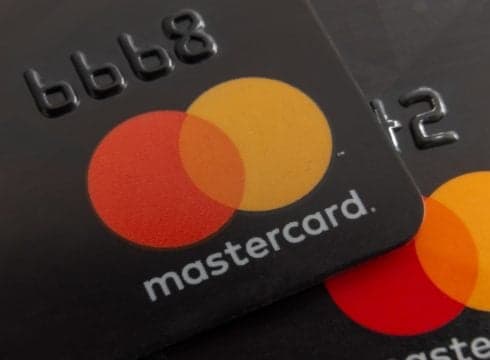Mastercard cardholders will be required to select their tokenised card from the checkout page, confirm the one-time password and complete the transaction without entering the CVV
Mastercard claimed that Indian companies like Cashfree Payments and Zomato have already adopted CVV-less payments
Earlier this year, Visa and RuPay also introduced CVV-free payment for their card users
Inc42 Daily Brief
Stay Ahead With Daily News & Analysis on India’s Tech & Startup Economy
Payments giant Mastercard on Thursday (August 3) announced the introduction of Cardholder Verification Value (CVV)-less online transactions for its debit and credit cardholders who have tokenised their cards on merchant platforms.
With this feature, Mastercard aims to reduce the checkout time and make virtual transactions hassle-free and more secure.
CVV is the three-digit number printed on the back of debit and credit cards. According to the Reserve Bank of India’s (RBI’s) tokenisation guidelines, merchants who adopt tokenised payments will collect CVV only once, which is while tokenising the card.
From the second transaction onwards, cardholders will be required to select their tokenised card from the checkout page, confirm the one-time password (OTP) and complete the transaction without entering the CVV.
Mastercard claimed that Indian companies like Cashfree Payments and Zomato have already adopted CVV-less payments.
Earlier this year, Visa launched a feature to allow users to make online payments without the CVV number. Later, home-grown RuPay introduced CVV-free payments for its debit, credit and prepaid cardholders who have tokenised their cards.
The RBI’s new norms for card tokenisation came into effect last year. Simply put, card tokenisation is the process in which actual card details are replaced with an alternate code, called a token. As per the central bank’s guidelines for tokenisation and card storage, payment aggregators, merchants and payment gateways were to purge customers’ card data stored with them.
Debit cards and credit cards have a significant share in the payment instruments available in India for merchant payments. However, India is heavily a debit card market and about 92 Cr debit cards were issued as of May 31, 2022.
Meanwhile, at INR 86,000 Cr, ecommerce accounted for over 63% of credit card expenditure as of March 2023, as per RBI data.
{{#name}}{{name}}{{/name}}{{^name}}-{{/name}}
{{#description}}{{description}}...{{/description}}{{^description}}-{{/description}}
Note: We at Inc42 take our ethics very seriously. More information about it can be found here.


